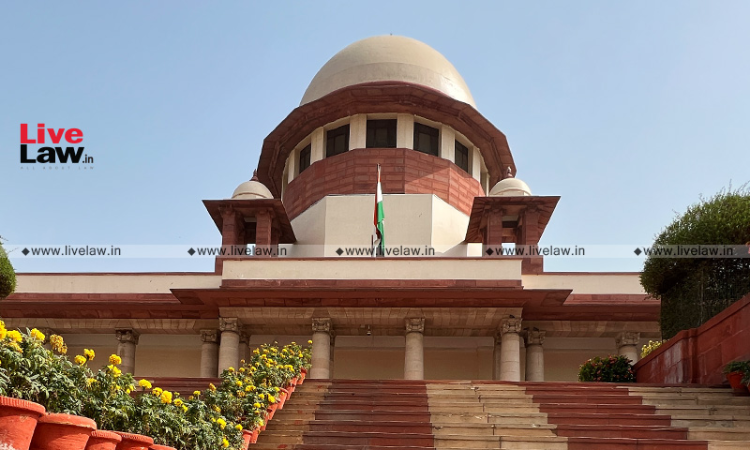Magistrate Can Direct Collection Of Voice Samples Of Accused : Supreme Court Reiterates
Aiman J. Chishti
25 May 2023 12:07 PM IST

Next Story
25 May 2023 12:07 PM IST
Upholding the Gujarat High Court order to refuse interference in the order of the session judge directing the accused to give a voice sample to the police, the Supreme Court recently said that a Magistrate has the power to order the collection of a voice sample for the purpose of investigation.Relying on Ritesh Sinha v. State of Uttar Pradesh, the bench of Justice Hrishikesh Roy and...
